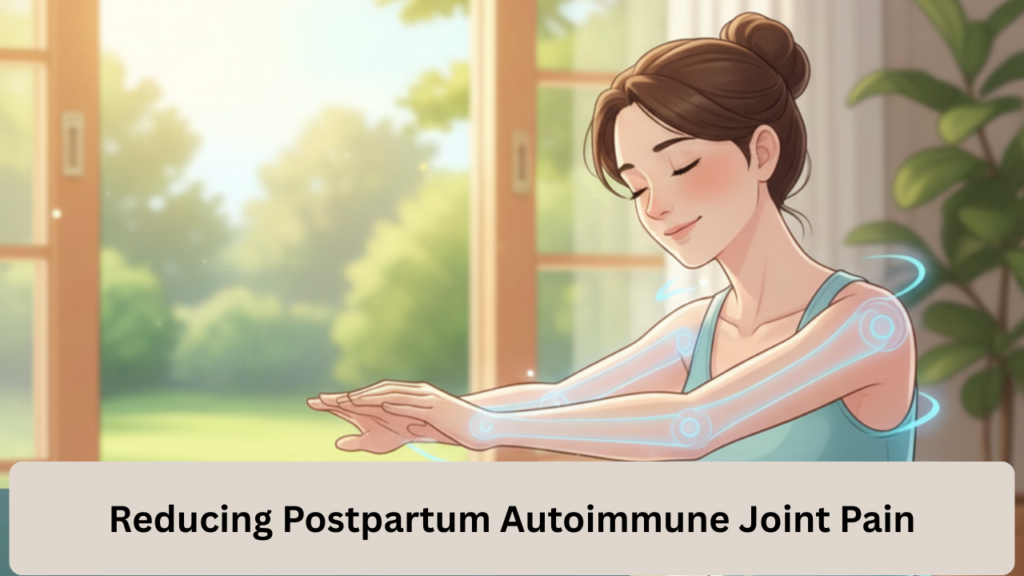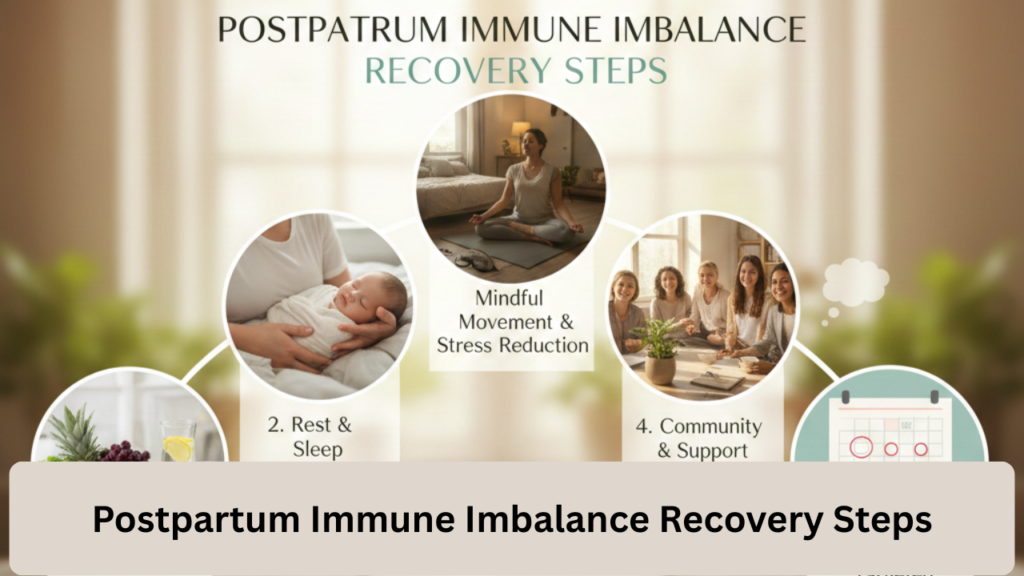With this in mind, we wanted to go a step further, uncovering the effects of gratitude on our brain. Thus, practicing gratitude regularly not only temporarily changes our mood but can also rewire our neural networks. It has been proven to foster greater emotional resilience and a general predisposition toward more positive emotions. As explained by Petit BamBou, these are some of the benefits Activation of the reward system. When we feel or express gratitude, the brain’s reward circuitry is activated, specifically areas such as the prefrontal cortex and the nucleus accumbens, which are associated with pleasure, motivation, and reward.
This is an important point because this activation generates feelings of well-being and satisfaction. Increased release of dopamine and serotonin, which are key neurotransmitters in regulating mood. Dopamine is associated with motivation and the feeling of reward, while serotonin is linked to emotional balance. By practicing gratitude, these chemicals flow more easily, improving mood and reducing symptoms of anxiety or depression. Strengthened neural connectivity.
Gratitude unshackles us from toxic emotions

Neuroplasticity, the brain’s ability to reorganize and form new connections, allows gratitude habits to create a stronger neural pathway, making it easier to experience and feel gratitude regularly. Decreased amygdala activation. The amygdala, which is linked to the response to stress and fear, tends to be less reactive when practicing gratitude. Increased connectivity in the prefrontal cortex. Practicing gratitude improves the ability to assess and respond rationally to emotional situations, helping people face challenges with a more balanced and positive attitude.
If all these benefits are achieved, we wonder why, then, it’s so difficult for us to feel and show that gratitude. “The mind tends to wander, constantly projecting itself (toward the future or the past), and this disconnects us from the present moment,” she explains. It’s precisely this state of disconnection that causes us to overlook the small things in our daily lives that could spark gratitude. “Gratitude requires conscious presence, active attention to the here and now, she adds.
Gratitude helps even if you don’t share it

Furthermore, from an evolutionary perspective, the human brain naturally focuses on threats or what’s missing. A ‘negativity bias’ leads us to focus more on problems or shortcomings than on things that are going well,” she tells us. A tendency that has helped us survive, but which in modern life generates widespread malaise. We think there’s always something to improve or fix; which makes it even harder to recognize and be grateful for what we already have.
Therefore, it’s clear that giving thanks is a beneficial option, but how do we do it Ananda Ceballos gives us a very practical idea keep a gratitude journal in which you write down three things you’re grateful for every day. “These can be significant events in our lives, like simple things: a moment of calm, a conversation, or a pleasant meal. We can also get into the habit of expressing gratitude to the people around us, either verbally or in writing, through a message. Taking a moment before bed to reflect on all that is good in our lives and thus end the day on a positive note can help us feel gratitude more naturally she points out.
Gratitude’s benefits take time

Another good option that can help us is meditation. By cultivating mindfulness, we become more aware of the moments, people, and details that enrich our lives, developing a natural gratitude for the simple and everyday. Thanks to meditation, gratitude blossoms like a flower, rooted in the soil of the present and illuminated by the calm of our mind,” the expert concludes. There’s a trend in recent studies on human health Mom’s advice is proving to be the best medicine. When your mom told you to eat your food, go outside and play, stop watching TV, and get a good night’s sleep, she may not have understood the underlying science, but she knew what she was talking about.
Study after study shows that eating fruits and vegetables, spending time outdoors, engaging in free play, exercising, avoiding electronics, and getting enough sleep are critical for avoiding chronic disease. We now understand how these common-sense lifestyle habits affect us at the cellular level, so we’re taking them more seriously. There’s another piece of Mom’s advice that has proven to be true: Count your blessings. In other words, be grateful for what you have. It makes sense that feeling grateful and expressing gratitude makes us happier, and a wealth of research backs this up.
Conclusion

Studies tracking behavior and self-reported lifestyle changes also show how expressing gratitude affects our overall health and well being, mental health disorders, coping with traumatic experiences, and sleep; I’ll summarize this research in the first section of this post. But sometimes we need physical proof to truly believe something is true. So, recent studies have asked the question: Does expressing gratitude change our brains and bodies at the cellular level? The answer is yes, and I’ll discuss that research in the second part of this post.
Here’s the trick: to experience the benefits of expressing gratitude, we must be sincere. We can’t just say thank you to be polite, or pretend to be grateful because it makes us look good; we need to feel genuinely grateful. Our brains know the difference, and brain scans prove it. Many studies on gratitude use writing as a way for people to express gratitude. Among 293 people seeking psychotherapy services, those who wrote gratitude letters reported significantly better mental health than control subjects both 4 weeks and 12 weeks after writing the letters.



